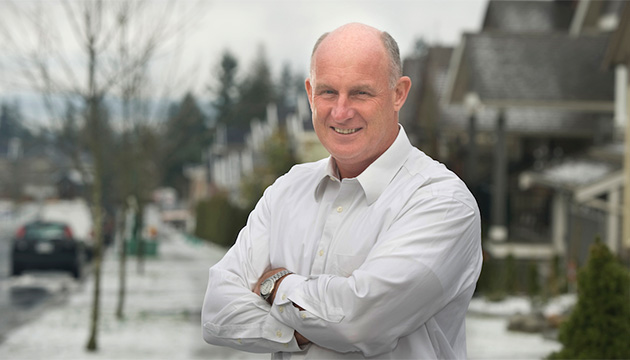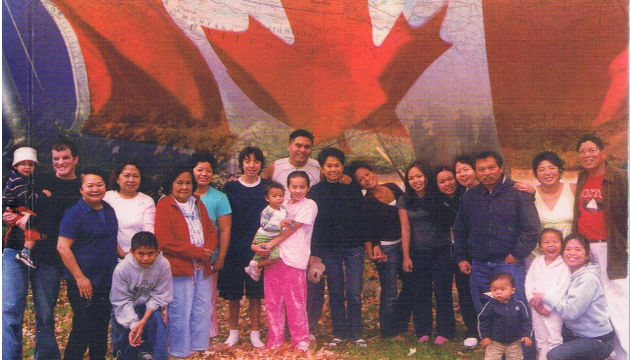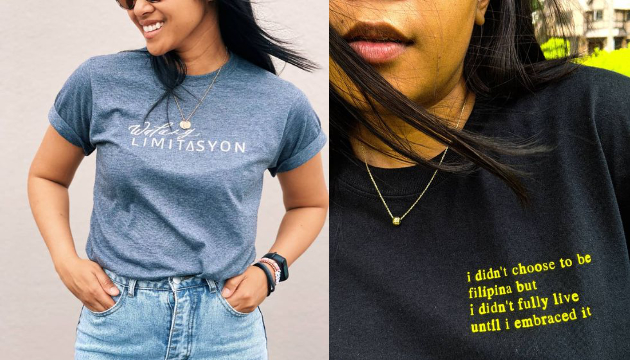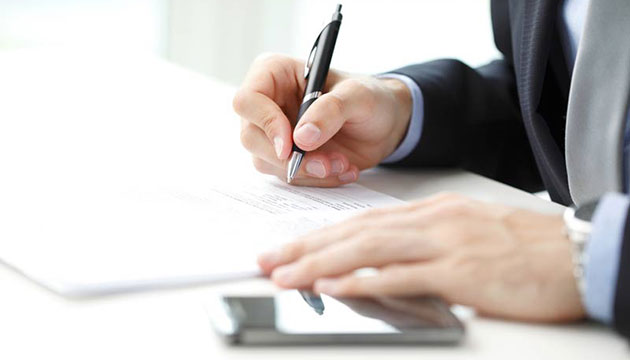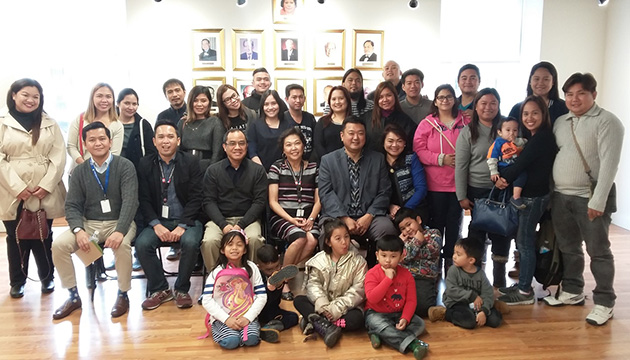British Columbia has declared a state of emergency and extended tougher restrictions to January 8, 2021 at midnight province-wide. By order and direction of the Provincial Health Officer (PHO), all events and social gatherings are suspended to significantly reduce COVID-19 transmission related to social interactions and travel.
In-person events and community-based gatherings as defined in the PHO order – Gatherings and Events are suspended. For example: Seasonal activities, including indoor and outdoor holiday events (with the exception of drive-in and drop-off events), Musical or theatre performances and Movie viewings in cinemas
No social gatherings of any size at your residence with anyone other than your household or core bubble. For example: Do not invite friends or extended family to your household. Do not host gathering outdoors. Do not gather in your backyard. Do not have playdates for children.
Core bubble
For most people, their core bubble is their immediate household. An immediate household is a group of people who live in the same dwelling. For example: If you have a rental suite in your home, the suite is a separate household or If you live in an apartment or house with roommates, you are all members of the same household
For others, including people who live alone, their core bubble may also contain a partner, relative, friend or co-parent who lives in a different household. This should be a maximum of two people outside of those living in your immediate household.
Allowed activities
These activities are not considered a social gathering: Going for a walk. You must make sure a walk does not turn into a group of people meeting outside. Parents carpooling kids to and from school. Grandparents providing child care. Public pools and public skating rinks, when not associated with an event, are allowed to continue to operate with a COVID-19 Safety Plan
Christmas and holiday celebrations
All December celebrations will look different this year. Celebrate with your immediate household or core bubble. Single people may host their core bubble in their home or go to the homes of people in their core bubble.You must not host gatherings with people outside of your core bubble or household. Do not look for loopholes or excuses to gather. Consider hosting virtual parties and religious services. Unwrap gifts over Zoom or Skype. Grandparents who provide regular childcare for their grandchildren can spend time together over the holidays. If you must travel for essential reasons, review the health and safety precautions.
Restaurants, pubs and bars
You must wear a mask when not at a table. Events are no longer allowed. Restaurants, pubs and bars can continue to operate if they have a COVID-19 Safety Plan and employee protocols in place. Remember, a maximum of six people at a table and no moving between tables.
Mask requirements in public indoor settings
As outlined in the mask mandate order, masks are required for everyone in many public indoor settings. A face shield is not a substitute for a mask as it has an opening below the mouth.
There are exemptions for: People with health conditions or with physical, cognitive or mental impairments who cannot wear one. People who cannot remove a mask on their own. Children under the age of 12
Masks are required in many indoor public settings and all retail stores. This includes: Malls, shopping centres. Grocery stores. Airports. Coffee shops. On public transportation, in a taxi or ride-sharing vehicle. Places of worship. Libraries. Common areas of post-secondary institutions, office buildings, court houses, hospitals and hotels. Clothing stores. Liquor stores. Drug stores. Community centres. Recreation centres. City Halls. Restaurants, pubs and bars when not seated at a table. Sport or fitness facilities when not working out.
Mask enforcement
You are subject to a $230 fine if you:
- Do not wear a mask in an indoor public setting, unless you are exempt
- Refuse to comply with the direction of an enforcement officer, including the direction to leave the space
- Engage in abusive or belligerent behaviour
Masks at workplaces and shared living areas
It is strongly recommended that masks be worn in the following areas:
- Common areas in apartment buildings and condos, including: Elevators, Hallways, Lobbies, Stairwells.
- Shared indoor workplace spaces, including: Elevators, Kitchens, Hallways, Break rooms
Travel advisory
At this time, all non-essential travel should be avoided. This includes travel into and out of B.C. and between regions of the province. For example: Do not travel for a vacation. Do not travel to visit friends or family outside of your household or core bubble
What is essential travel?
Individual circumstances may affect whether a trip is considered essential or non-essential. Essential travel within B.C. includes Regular travel for work within your region. Travel for things like medical appointments and hospital visits.
For example, if you live in Vancouver and work in Surrey you can continue to commute.
If you need to travel for essential reasons, take the same health and safety precautions you do at home.
- Wash your hands often
- Practice safe distancing, 2 m
- Travel only with yourself, household or pandemic bubble
- Stick to the outdoors whenever possible
- Clean spaces often
- Wear a mask in indoor spaces
Travel for mountain sports
Ski and snowboard at your local mountains. For example, if you live in Vancouver, you should ski at Cypress, Grouse or Mt. Seymour.
Coming from outside of B.C.
At this time, people travelling to B.C. from another province or territory within Canada should only come for essential reasons. If you do travel, you are expected to follow the same travel guidelines as everyone else in B.C.
- The restriction of all non-essential travel at the Canada-U.S. border remains in effect
- Travellers to and from the United States going to and from Alaska must proceed directly to their destination and self-isolate during any necessary overnight stops
- International travellers returning to B.C. are required by law to self-quarantine for 14 days and complete the federal ArriveCAN application
During a public health emergency under the Public Health Act, the PHO can make orders as needed. You must follow the orders.
Under the COVID-19 Related Measures Act, some orders can be enforced by police or other compliance and enforcement officials. People who don't follow these orders could be fined.
BC Recovery Benefit
The BC Recovery Benefit is a one-time direct deposit payment for eligible families, single parents or individuals. Benefit eligibility is based on net income from your 2019 tax return. You must apply to receive the benefit.
Apply now for the BC Recovery Benefit, a one-time, tax-free payment of up to $1,000 for eligible families and single parents and up to $500 for eligible individuals. You have until June 30, 2021 to apply.
Benefit rates
The amount you’re eligible for will be automatically calculated based on your income when you apply.
Families and single parents
- $1,000 for eligible families and single parents with a net income of up to $125,000
- Reduced benefit amount for eligible families and single parents with a net income of up to $175,000
The benefit defines a family as an individual and their spouse or common-law partner, unless they are separated. Both people must be residents of B.C. on December 18, 2020.
The benefit defines a single parent as an individual who is the principal caregiver to at least one child.
Using 2019 income tax data
As with the B.C. Emergency Benefit for Workers, in order to prevent fraudulent claims, applicants must provide 2019 income tax data to receive the benefit.
British Columbians need support now, and if the benefit relied on 2020 income tax data, payment wouldn’t be possible until approximately fall 2021.
General eligibility criteria
Generally, the benefit is available to people:
- Residing in British Columbia on December 18, 2020
- Who are at least 19 years old on December 18, 2020, or meet specific eligibility criteria
- Who filed a 2019 Canadian personal income tax return, or meet specific eligibility criteria
- Who have a valid social insurance number, individual tax number or temporary tax number
If you receive a payment and we later determine that you’re not eligible for it, you will be required to repay it.
Note: If you’re applying for the family benefit, your spouse or common-law partner must also meet the general eligibility criteria.
What you need to apply:
Net income from your 2019 tax return
You must provide your net income from your 2019 tax return. This number can be found on Line 23600 of your most recent 2019 income tax return.
If you haven’t already filed your 2019 tax return, file with the Canada Revenue Agency as soon as possible before applying for the benefit.
There are multiple ways to file, including:
- Online, by paper or by phone
- Free tax clinics for people with a modest income and a simple tax situation. Find a tax clinic
Social insurance number
When you apply, we’ll need your social insurance number, individual tax number, or temporary tax number to verify your eligibility.
Driver's license number
If you have a B.C. driver’s license, you must provide your driver’s license number. This information will be used to help detect and stop fraudulent claims.
Direct deposit information
The benefit will only be issued by direct deposit. You must have an account with a Canadian financial institution to receive the benefit.
If you’re on income or disability assistance and don’t have a bank account, a modified application will be available early in the new year to help you apply for and receive the benefit.
Get your direct deposit information from a personal cheque or from your financial institution.
Be prepared to provide:
- Branch (transit) number
- Institution number
- Account number

Submit your application
You can apply online, over the phone or at a Service BC computer terminal. Applications are open until June 30, 2021.
All applications will be verified. Documentation that supports your proof of eligibility can be included on your application but isn't required. If you don't include documentation, we may ask for it later.
Note: If you're applying as a family, submit only one application. Additional applications delay the processing of payment.
Online applications
Applying online is the fastest way to get your payment.
You can apply online at https://www.etax.gov.bc.ca/btp/BCRBP/_/#1
Take your time when applying. Errors or incomplete information can cause long delays in processing your application.
Take your time when applying. Errors or incomplete information can cause long delays in processing your application.
Submit your application
You can use your desktop, tablet or smart phone. Your personal information is protected and secure.
You can apply online at https://www.etax.gov.bc.ca/btp/BCRBP/_/#1
After submitting, we'll email you a confirmation number.
Phone applications
You can apply by phone with the help of our agents. Translation services are available to help you.
We anticipate high call volumes and strongly recommend applying online if you can.
Dial 1-833-882-0020
Our agents will complete the application with you and give you a Case ID number when you're done.
Call us Monday to Friday, 7:30 am to 5:00 pm, excluding statutory holidays.


